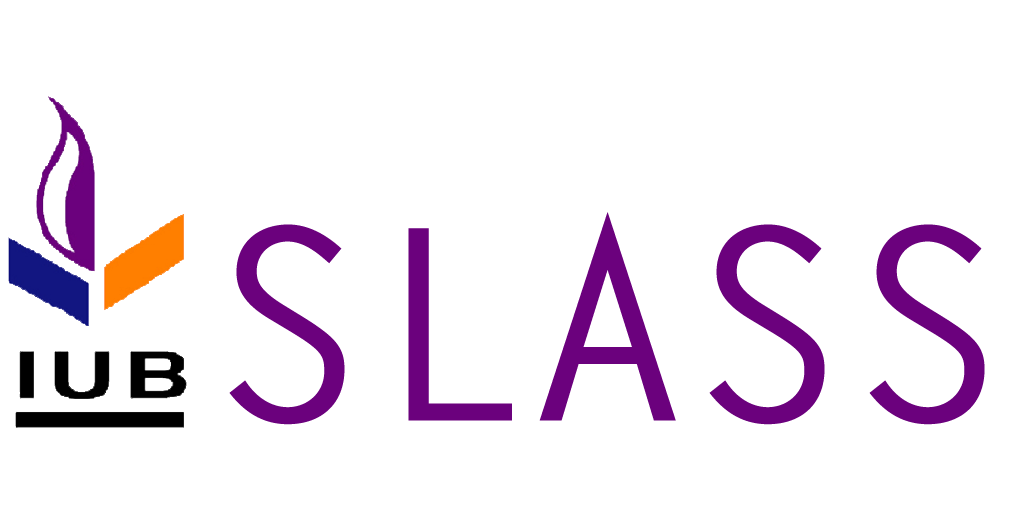DESCRIPTION
Policymakers increasingly face a quandary: not only to face tensions within each policy arena, but also selecting between competing policy arenas, given the typically limited annual budget made available. Though this is a universal problem, the GSG Program focuses on Bangladesh to illustrate the problems and prospects. Four tensions challenging policy-makers have been selected for analysis: globalization-localization; information and communications technological revolutions; gender; and the environment.
Four Themes:
Globalization-Localization: “Global Village, Cultural Pillage”
So much has this tension dominated our actions and thinking that theorists have wedded the two domains (Rosenau, 1998): glocal directly, but indirectly chaos and order producing chaord; fragmentation and integration breeding fragmegration, and so forth. We see these clashing dynamics on a daily basis (Dohnatek, 2017): gridlocked traffic on dilapidated roads hanging upon broken or non-existent infrastructure against one of the highest economic growth-rates worldwide; a satellite dish protruding from a paddy-field; and basket-fueled bazaars against glass-lined shopping-mall windows.
Have their modus operandi produced coexistence as a byproduct? Or does tension fill the air? For the aspiring MBA student, which offers a better future investment opportunity, or market possibilities? How can the jute farmer rise to rise to the occasion to capture the market if plastic prohibition damages RMG production?
ICT-driven skills-gaps:
Skills-gaps did not open up for the first time with information and communication technologies (ICTs) in this Fourth Industrial Revolution: there were there from the First IR outburst, based on textiles and mass production. With hardware then (factories and physical skills), there was more time to adapt to technological changes than with software now (programs, upgrades, and intellectual skills through robots, drones, and so forth) With its RMG sector in so great command of the economy, is Bangladesh simply reliving the First IR dynamics, or also experimenting with upgrading Fourth IR technologies today? Is the skills-problem really an education problem: we do not have the correctly-trained teachers or equipment, or even student capacities to think beyond physical labor into intellectual exercises? Or is there a culture-communications (Babron, 2008; Goman, 2011; and Mahbubani, 2013), or even an imperial (Galtung,1971)
Gender-benders:
Widely touted as the most gender-balanced Muslim country, Bangladesh shows both the promises and pitfalls of gender parity: women have fought their way into becoming political and professional leaders against equally ambitious men, yet, beginning with perceptions and ending with crude practices, discrimination has not disappeared, even in the most modernized families and settings (as, for example, with marriages). Some stem from a male-dominated mindset (Barrow, 2010), with a “lean-in” inclination typifying the women response (Sandberg, 2013), and a “Me-too” movement as its extreme protest form (Myottinen, 2011) others too cultural to dare reform (the “nature” v. “nurture” format, even the onset of a “gender neutral” population). Must we draw a line, and if so, where, how?
Environmental Evaporation:
This is the tension taking us closer to the brink, if not through pollution in Dhaka, among the top hazardous metropolitans in the world, then coastal erosion or rivers drying up or being diverted, partly from climate-change forces, partly politically engineered (Zipko, 1991). How can we confront and overcome these? Just because the joint shared-water negotiations have not delivered sustainable outcomes, must we close shop and move on to confrontation, or persist with alternative strategies? The same goes for tackling congestion, refugees (Oliver-Smith 2012), chemical usage in farmlands, genetically modified food (Gregory), and so forth.
IMPORTANT DATES
Submit an abstract no more than 250 words on any of the above themes.
Abstract Submission Deadline – June 28, 2019
Submit to: imtiaz.hussain@iub.edu.bd
No registration fee required. Just come.


